13 Wallet-Draining Travel Mistakes You Never Want To Make Abroad

Traveling abroad is an unforgettable experience, but certain mistakes can quickly turn your dream trip into a financial headache.
From exchange rates to hidden fees, it’s important to be prepared.
Here are 13 common pitfalls to avoid when traveling internationally, ensuring you get the most out of your adventure without breaking the bank.
1. Exchanging money at the airport
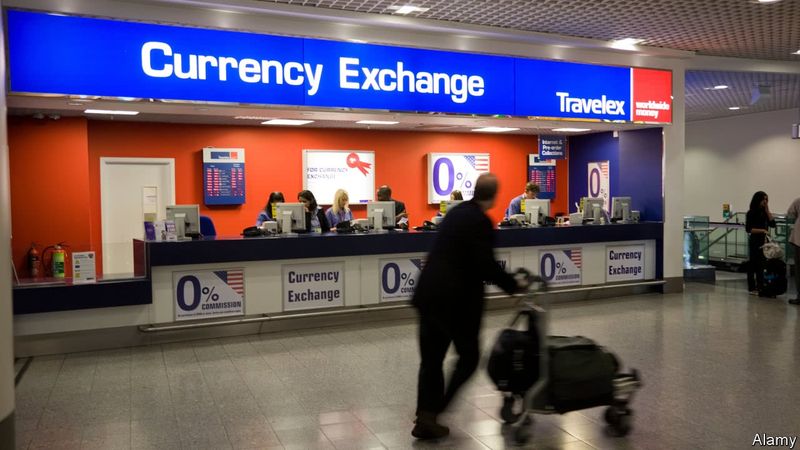
If you’ve ever exchanged money at the airport, you know how expensive it can be. Airport exchange counters are notorious for offering poor rates and high fees. It’s smarter to plan ahead.
How can you avoid this? Use a local ATM upon arrival for better rates. Alternatively, exchange a small amount at home before leaving. This way, you’ll have some local currency on hand without paying a premium.
Consider using a credit card with no foreign transaction fees for most purchases, saving you even more on exchange costs.
2. Using mobile data without an international plan

It’s easy to fall into the trap of using your mobile data abroad without realizing the costs. International roaming fees can skyrocket your phone bill. Did you know there are affordable solutions?
Before you leave, check with your provider for international plans. This simple step can save you hundreds. Alternatively, purchasing a local SIM card upon arrival can provide you with affordable data.
This allows seamless connectivity without the financial stress.
3. Booking last-minute flights or hotels
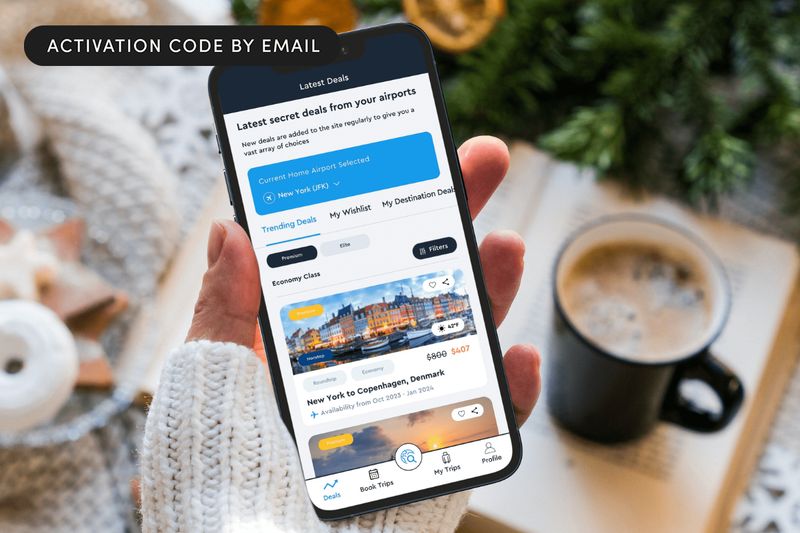
Where do you end up when booking flights or hotels at the last minute? Often, the most expensive options. Planning in advance is key. Though spontaneous travel can be thrilling, it leaves your wallet at risk.
The best deals are usually available weeks, if not months, ahead. Hence, booking early doesn’t just ensure peace of mind but ensures your budget remains intact.
Consider using fare alert tools to monitor prices, catching deals as they appear.
4. Falling for tourist trap restaurants
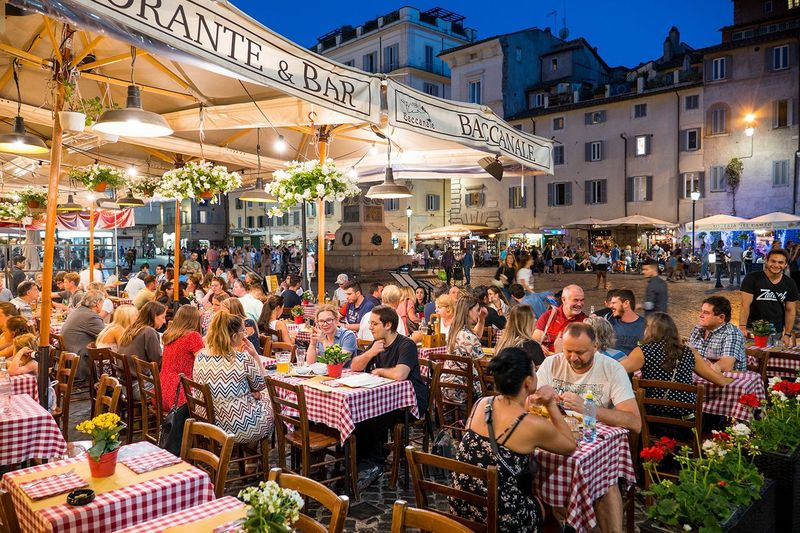
When you’re hungry and tired, it’s tempting to eat at the first restaurant you see. Tourist trap restaurants capitalize on this, offering inflated prices for average food.
Instead, venture a bit further away from main attractions. Locals know the best spots. Did you try asking them for recommendations?
Discovering local eateries can offer authentic flavors at reasonable prices, giving you both a cultural and financial win.
5. Ignoring local public transport options
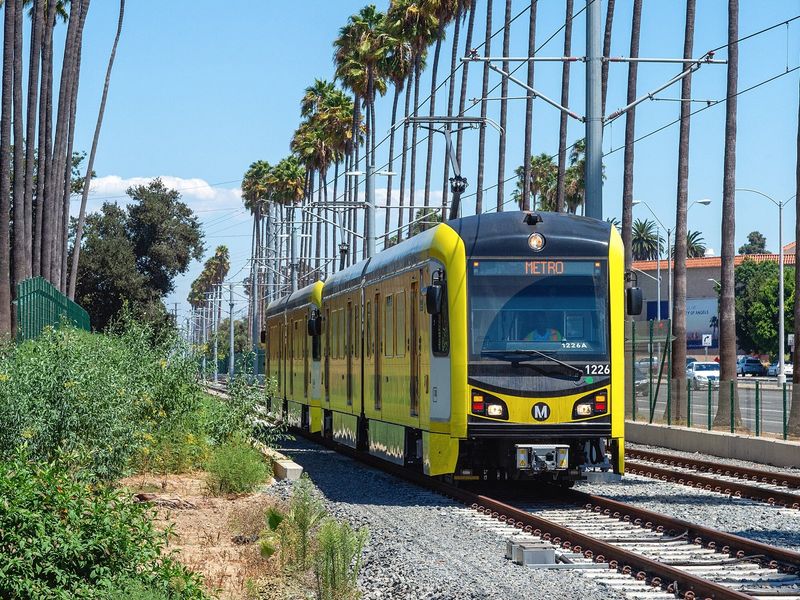
Ignoring local public transport can quickly drain your resources. Taxis and private transfers might seem convenient, but they come at a premium.
When you familiarize yourself with public transport, you save money and get a real sense of the city. Local buses and trains are often reliable and efficient.
It’s amazing how much you can save by riding the same way locals do. Plus, it adds a touch of adventure to your trip.
6. Not checking for hidden ATM fees
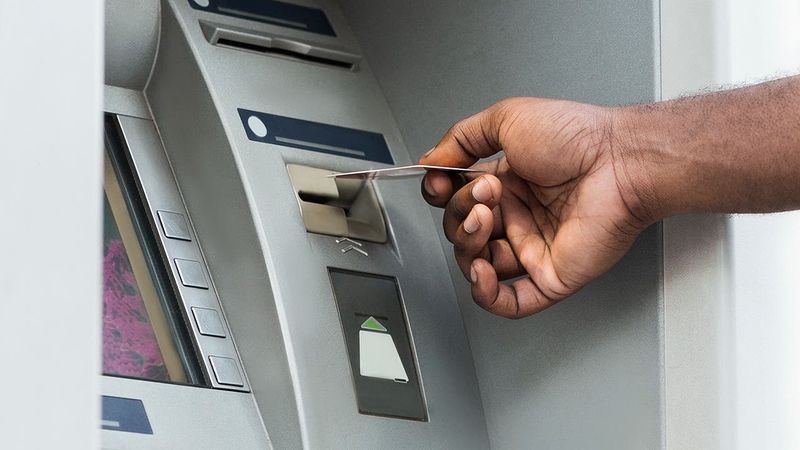
Have you been hit by hidden ATM fees? They can sneak up on you, adding unnecessary costs to your trip. Many ATMs charge hefty fees for international users.
This can be avoided by checking with your bank about partnerships with foreign banks that waive these fees. Additionally, withdrawing larger amounts less frequently can reduce the number of times you’re charged.
Planning your cash needs can prevent these unwanted expenses.
7. Overpacking and paying for extra luggage
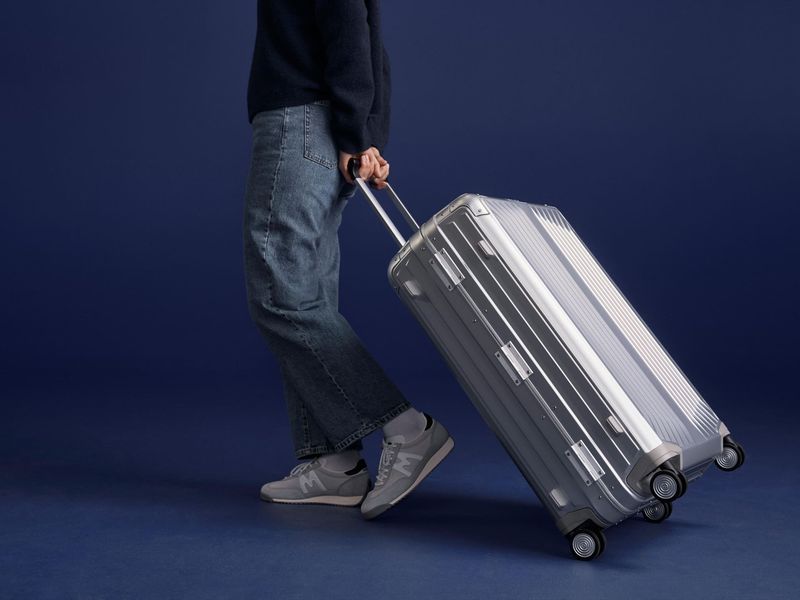
Did you realize overpacking can lead to hefty airline fees? Extra luggage charges add up quickly. Hence, it’s vital to pack smart. When deciding what to bring, focus on essentials and versatile clothing.
A compact wardrobe reduces the need for extra bags. This not only saves money but makes navigating airports and transport easier.
Consider investing in a luggage scale to avoid surprises at check-in.
8. Skipping travel insurance
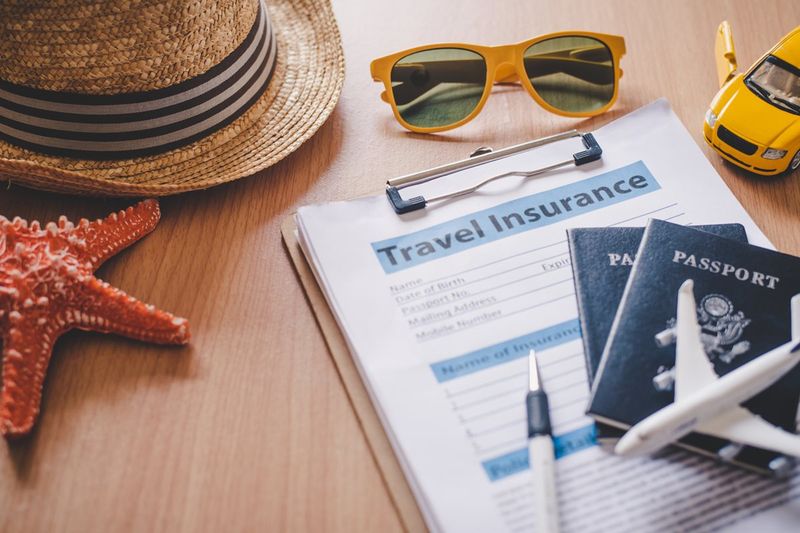
Skipping travel insurance might seem like a good way to save money, but it’s a risky gamble. If something goes wrong, like illness or theft, costs can be overwhelming.
How do you ensure peace of mind? Purchase travel insurance that covers your needs. This small investment can save you from financial disaster.
It’s reassuring to know you’re covered, allowing you to focus on enjoying your trip.
9. Using taxis instead of rideshare apps or buses

When you choose taxis over rideshare apps or buses, you often pay more.
Taxis can be convenient but costly. This extra expense can be avoided by opting for rideshare services or local buses, which are usually cheaper.
Are you familiar with rideshare options in your destination city? Download the app before your trip to ensure you have a budget-friendly travel option on hand.
10. Forgetting to turn off roaming on your phone
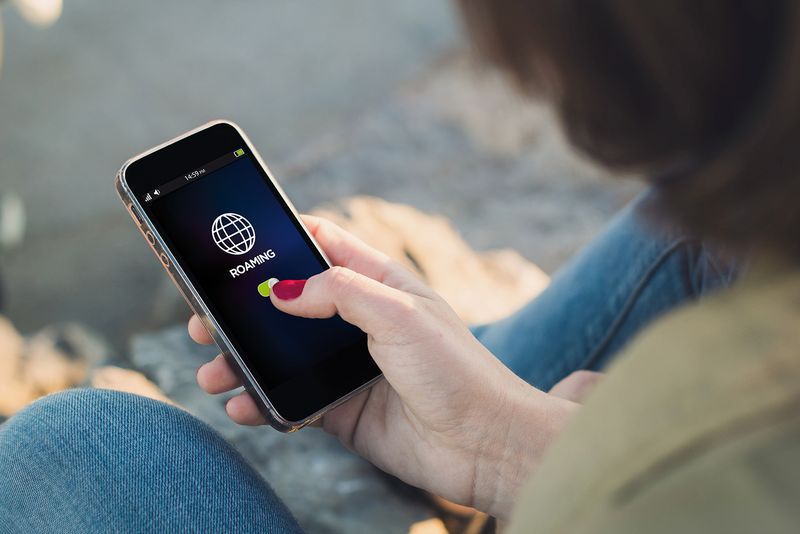
Forgetting to turn off roaming can lead to unpleasant surprises on your bill. Roaming charges accumulate quickly when data is used abroad.
This can be avoided by simply switching off roaming in your phone’s settings before departure. Consider downloading maps and guides offline to access them without data.
These simple steps help you stay connected without breaking the bank.
11. Not researching tipping customs
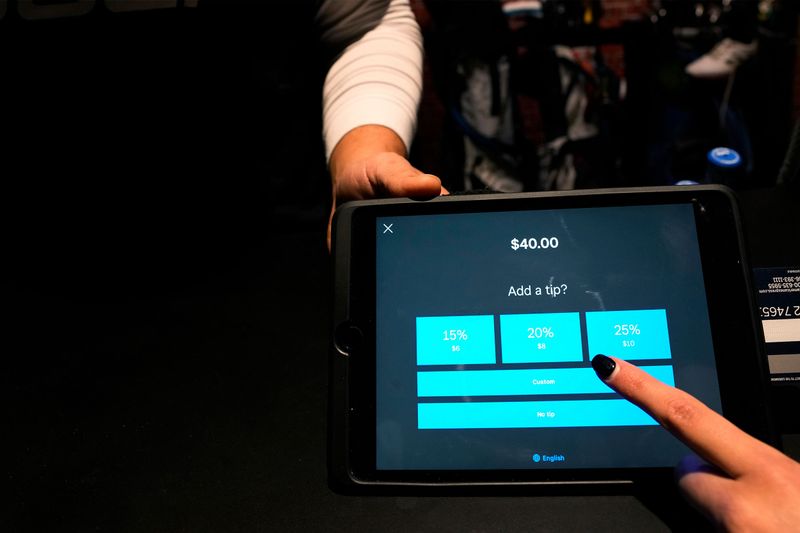
When it comes to tipping customs, ignorance can cost you. Each country has its own norms, and tipping incorrectly can lead to overspending. Where do you start?
Research tipping practices before you travel. This ensures you’re respectful and spending appropriately. Engaging with locals or hotel staff can also provide insights.
Being informed helps you budget accurately and prevents awkward encounters.
12. Paying for attractions without checking discounts
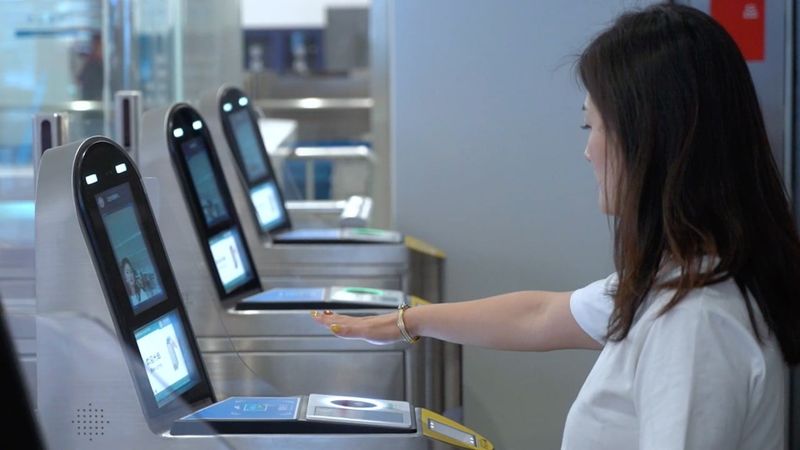
When buying tickets for attractions, don’t overlook possible discounts. Without checking, you might pay full price unnecessarily. Are there any deals available?
Research online for promotions or passes that offer savings. Additionally, some attractions offer discounts on specific days or times.
Planning and asking about discounts can lead to significant savings during your trip.
13. Booking tours without comparing prices first

Did you know that booking tours without comparing prices can lead to overspending? Tour operators often have different prices for similar experiences.
Hence, it pays to shop around. Check online reviews and compare packages before making a decision. This ensures you get the best value for your money.
Taking the time to compare can enhance your travel experience without breaking your budget.
